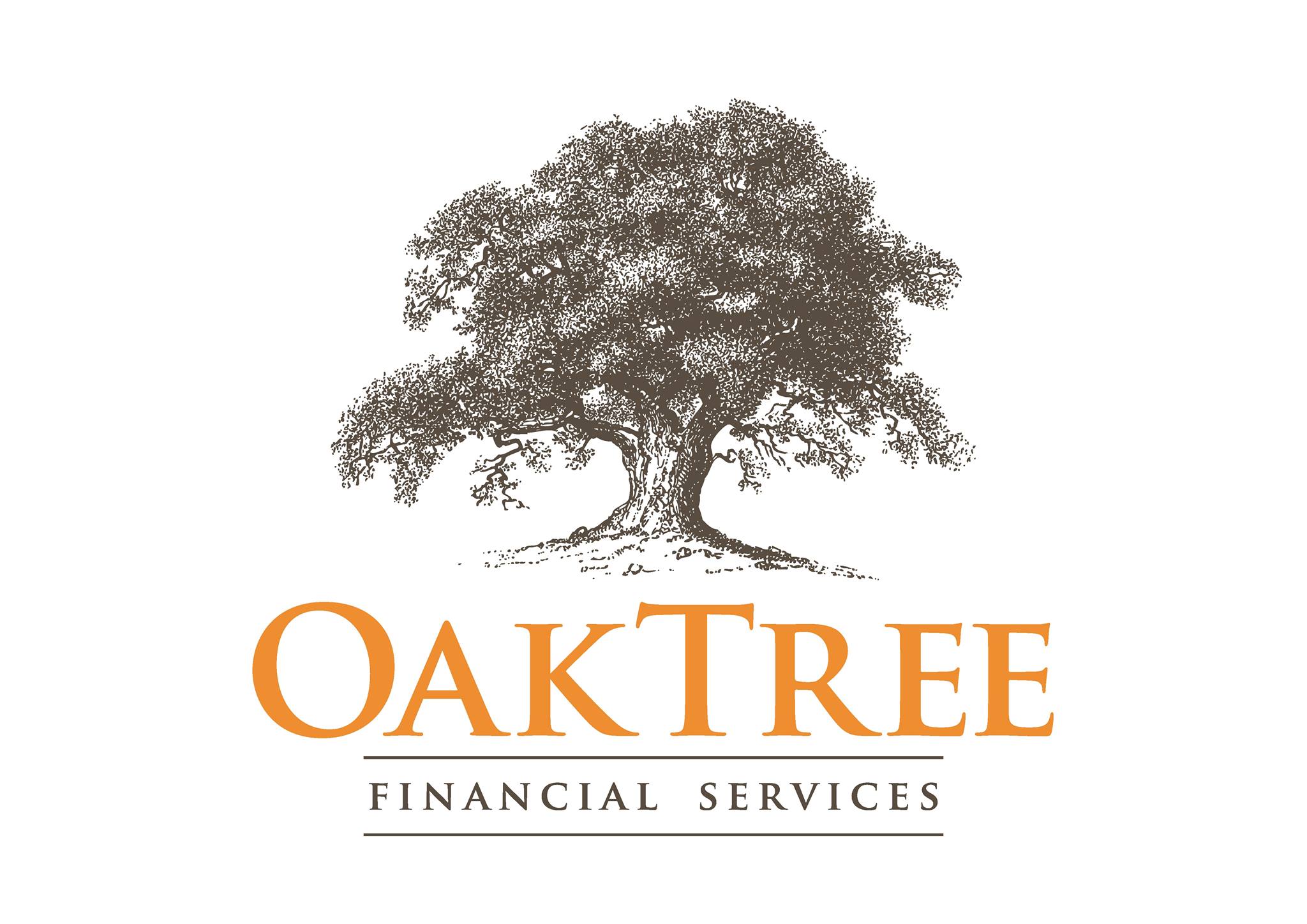As we get older and accumulate assets, we eventually get to the point of wondering how we can pass our wealth down to our children. Ireland has one of the highest Capital Acquisition rates globally which is currently set at 33%. Over the last number of years, it has forced many people inheriting property or other assets to either sell their family homes or take out a mortgage to pay their Inheritance Tax bills.
The tax-free thresholds have been slashed over the last number of years. For example, in 2009 a child could inherit up to €542,544 from a parent tax-free; now that threshold stands at €335,000. In most cases of clients we have worked with over the last number of years, the value of the property itself exceeds the thresholds available to their children resulting in tax being charged on any cash held by your estate.
There are two ways that these inheritance tax or gift-tax bills may be reduced: either through a Section 72 Whole of Life Insurance Plan or a Section 73 Savings Plan, whereby the proceeds from such plans can be used to pay part or all of an inheritance tax or gift tax bill.
The Current Thresholds in place for gifts and inheritances are:
Relationship Tax Free Threshold
Group A €335,000 (Child)
Group B €32,500 (Lineal ancestor/descendant, brother, sister or child of brother or sister)
Group C €16,250 (All other “strangers in blood”)
We would advise all clients to remember that an annual gift exemption of €3,000 applies and should be utilised. All benefits received since 05/12/1991 are taken into account for the above thresholds.
Section 72 Life Insurance Plan
If your children are faced with paying inheritance tax due on your passing, they can use the proceeds of a Section 72 Whole of Life Insurance plan to reduce or eliminate the inheritance tax arising.
For example, if your children were to inherit your assets, and after availing of various reliefs and exemptions, there was still an inheritance tax liability of €250,000. A Section 72 Life Assurance policy could be put in place which pays out €250,000 to your children on your death and this €250,000 can then be used to pay the inheritance tax liability.
Section 72 Life Cover proceeds must be used to pay the inheritance tax on the benefits received on the insured person’s death or within a year of their death. If the insured dies within an eight-year period it is treated as a normal life insurance plan and would form part of your estate. As such, it is important to make sure it is put in place in time.
Revenue Rules
- The plan must be taken out under the provisions of Section 72.
- In order to qualify for Section 72 relief, the policyholder covered must be the person paying the premium.
- Generally, the level of life cover on the plan must be at least eight times the value of the premium being paid every year.
- Only married couples or registered civil partners can execute a joint life plan.
- Regular premium payments must be made for at least an eight-year period.
- If you stop paying regular premiums, even after the eight-year period, you cannot restart.
- The premium cannot increase or reduce by more than 50% in any continuous eight-year period unless as a result of a plan review by the life company.
Section 73 Savings Plan
A gift tax arises when an individual such as a son or daughter receives monetary asset(s) which are liable to Capital Acquisition Tax (at a rate of 33%) from a source other than the death of a parent. It is possible through a Section 73 Savings Plan for a parent to save for a minimum eight years to use the proceeds of this savings plan to pay some or all of the gift tax that might arise when they transfer an asset(s) to a child.
If the owner of the Section 73 Savings plan dies within an eight-year period the value of the plan will not qualify to be used against either gift or inheritance tax.
Revenue Rules
- The plan must be taken out under the provisions of Section 73.
- In order to qualify for Section 73 relief, the policyholder covered must be the person paying the premium.
- Only married couples or registered civil partners can execute a joint life plan.
- Regular premium payments must be made for at least an eight-year period.
- If you stop paying regular premiums, even after the eight-year period, you cannot restart.
- Your premium cannot increase or reduce by more than 50% in any continuous eight-year period.
- Proceeds from the plan after the plan has been in force for eight years will be exempt from gift tax when used to pay gift tax within one year of cashing in the plan.
If you would like any more information on how these plans can work to help transfer assets to your children, please feel free to call us on 025 30588 or book a chat with us here.

Adrian Godwin is a Senior Financial Consultant and the co-founder and managing director of Oaktree Financial Services. With a background in accounting and tax advising, Adrian specialises in estate planning and wealth management.Adrian offers clients reassurance through best practice solutions. His unique skill set and qualifications enable clients to develop comprehensive life plans that align with their goals.


